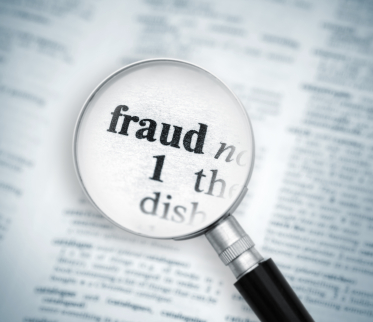This week is International Charity Fraud Awareness Week is organized by a global coalition of charities, regulators, law enforcement agencies, representative and umbrella organizations, and other nonprofit stakeholders.
What is the Goal of International Charity Fraud Awareness Week?
The week’s goal is to increase awareness of fraud and cybercrime in the nonprofit sector and provide a safe forum for organizations and their supporters to discuss fraud and share best practices.
Why is it important?
The prevalence of fraud in the sector harms the reputations and goodwill of legitimate charities and reduces trust in the sector. All charities, non-governmental organizations, and not-for-profit organizations are vulnerable to fraud and can be targeted. Those who provide services and support local communities could be particularly vulnerable to fraudsters looking to take advantage of current national and global crises to commit fraud and cybercrime. Now more than ever, charities must be vigilant against fraud and make efforts to safeguard their funds, people, and assets.
Who is it intended for?
- Trustees, directors, members of the board of directors, personnel, and volunteers
- Organizations that represent the sector’s interests
- Professional advisors to the sector include accountants, auditors, lawyers, and insurance
- Regulators, law enforcement officers, and lawmakers working to defend the sector and anybody else interested in protecting the sector and the vital work it performs.
Resources to Fight Charity Fraud
In the United States, there are many resources to assist donors seeking information on charitable organizations as well as tips to avoid charity scams as follows:
- Give.org
- Advisory for donors on charity fraud
- BBB standards of charity accountability
- Donating through crowdfunding, social media, and fundraising platforms
- FTC’s charity scams videos playlist
- How to donate wisely and avoid charity scams
- What to know before donating to help first responders, active duty military, veterans, and their families
- Dirty dozen
- Exempt organizations update
- How do you report suspected tax fraud activity?
- How to know it’s the IRS calling or knocking on your door
- How to protect your private tax data
- Is that the IRS contacting you – or is it a scam?
- Lifecycle of an exempt organization
- Report a crime or IRS employee misconduct
- Security summit
- StayExempt
- Tax-exempt organization search
- Tax scams/consumer alerts
With greater awareness, donors, charities, advisors, and regulators can protect their interests and help slow the growth of charity fraud.
Ellis Carter is a nonprofit lawyer with Caritas Law Group, P.C. Ellis advises nonprofit and socially responsible businesses on corporate, tax, and fundraising regulations. Ellis is licensed to practice in Washington and Arizona and advises nonprofits on federal tax and fundraising regulations nationwide. Ellis also advises donors with regard to major gifts. To schedule a consultation with Ellis, call 602-456-0071 or email us through our contact form.

